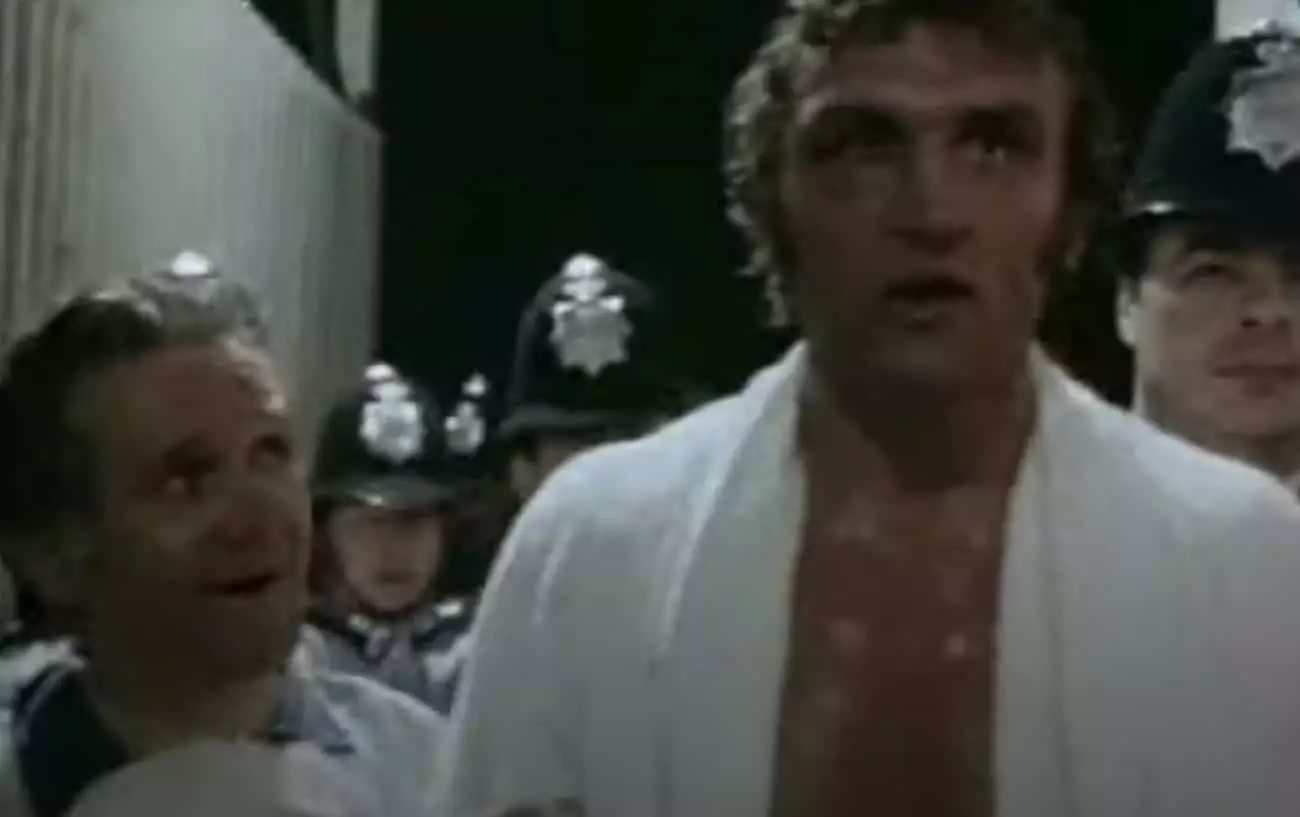Joe Bugner may not have the universal acclaim of boxing titans like Muhammad Ali or Joe Frazier, yet his journey within the heavyweight division showcases a fighter worthy of respect and recognition. Born in Hungary and later relocating to the UK and then Australia, Bugner’s story is one of resilience amid adversity. Critics often labeled him as “too negative” or “uncommitted,” but these dismissive tags fail to capture the complexity of his boxing career. A gifted heavyweight with undeniable talent, Bugner’s strategic approach in the ring was often misinterpreted as a lack of commitment, whereas it was merely a reflection of his keen defensive instincts.
Bugner’s record against some of boxing’s most formidable legends speaks volumes about his capabilities. Facing Ali twice and squaring off against heavyweights like Frazier, Earnie Shavers, and Frank Bruno, Bugner experienced the highs and lows of a competitive but unforgiving sport. Yet, what distinguished him was not merely his ability to enter the ring with these giants, but rather his unparalleled defensive skills that kept him from being overwhelmed, a discipline that, glaringly, earned him criticism rather than accolades.
Defensive Mastery or Lack of Will?
Criticism often shrouded Bugner’s fights, painting him as cautious or overly defensive. In a sport dominated by power and knockout punches, Bugner’s inclination to avoid unnecessary risks translated poorly in the eyes of fans who craved the spectacle of brawls. His approach questioned the very fabric of how we perceive bravery in boxing. However, a deeper analysis reveals that Bugner was tactically astute, valuing longevity and health over fleeting glory.
Throughout his career, Bugner absorbed the wisdom from each bout, becoming a ring strategist whose cautious style did not equate to a lack of heart. Moreover, while many fighters succumb to the allure of aggressive, on-the-offensive styles, Bugner’s methodical approach should be celebrated rather than criticized. He had an exceptional understanding of his opponents and often used that knowledge to mitigate risks, an underappreciated aspect of the sport.
The Cruel Reality of Boxing
The tragic irony of Bugner’s later years is a poignant reminder of the unseen consequences fighters face long after they leave the ring. Currently, Bugner is battling dementia in a nursing home, calling attention to the harsh reality many former athletes confront. The indomitable spirit that defined his boxing career now stands in stark contrast to his fading memory of it. This mobility from champion to forgotten soul within society is a narrative that echoes through many athletic careers, especially in combat sports where the toll on the body and mind is immense.
Boxers often grapple with the dichotomy of glory and suffering. His story parallels that of Sugar Ray Robinson, another icon who faced severe mental health challenges in his later years. In many respects, Bugner’s life illustrates boxing’s cruel paradox: the very sport that provides fame and recognition can also lead to profound personal anguish. This volatility challenges the romanticized notions of what it means to be a champion.
The Unsung Hero of Heavyweight Boxing
Despite the heart-wrenching challenges Bugner faces today, his legacy deserves to be revisited with respect and admiration. With a professional record of 69 wins, 13 losses, and one draw, Bugner’s accomplishments speak to his talent and dedication. These numbers do not only signify wins and losses but encapsulate a life spent in perpetual motion, a testament to his willingness to face the giants of his time.
Bugner, known for his extraordinary physique and ability to take a punch, showcased a blend of strength, agility, and intelligence rarely seen in heavyweight boxing. While modern audiences might focus less on his defensive prowess, it is this aspect of his fighting style that stands as a beacon for future generations. He wasn’t merely a boxer; he was an artist in the ring, painting intricate strategies with each jab, feint, and counter.
As we continue to celebrate the legends of boxing, it is imperative to recognize Joe Bugner not as a cautionary tale of an athlete lost to time, but as a skilled heavyweight who deserves remembrance, respect, and an enduring legacy. His story encourages us to reflect on the essence of what true bravery in sports means and reminds us of the human cost often hidden behind the glories of the ring.


Leave a Reply